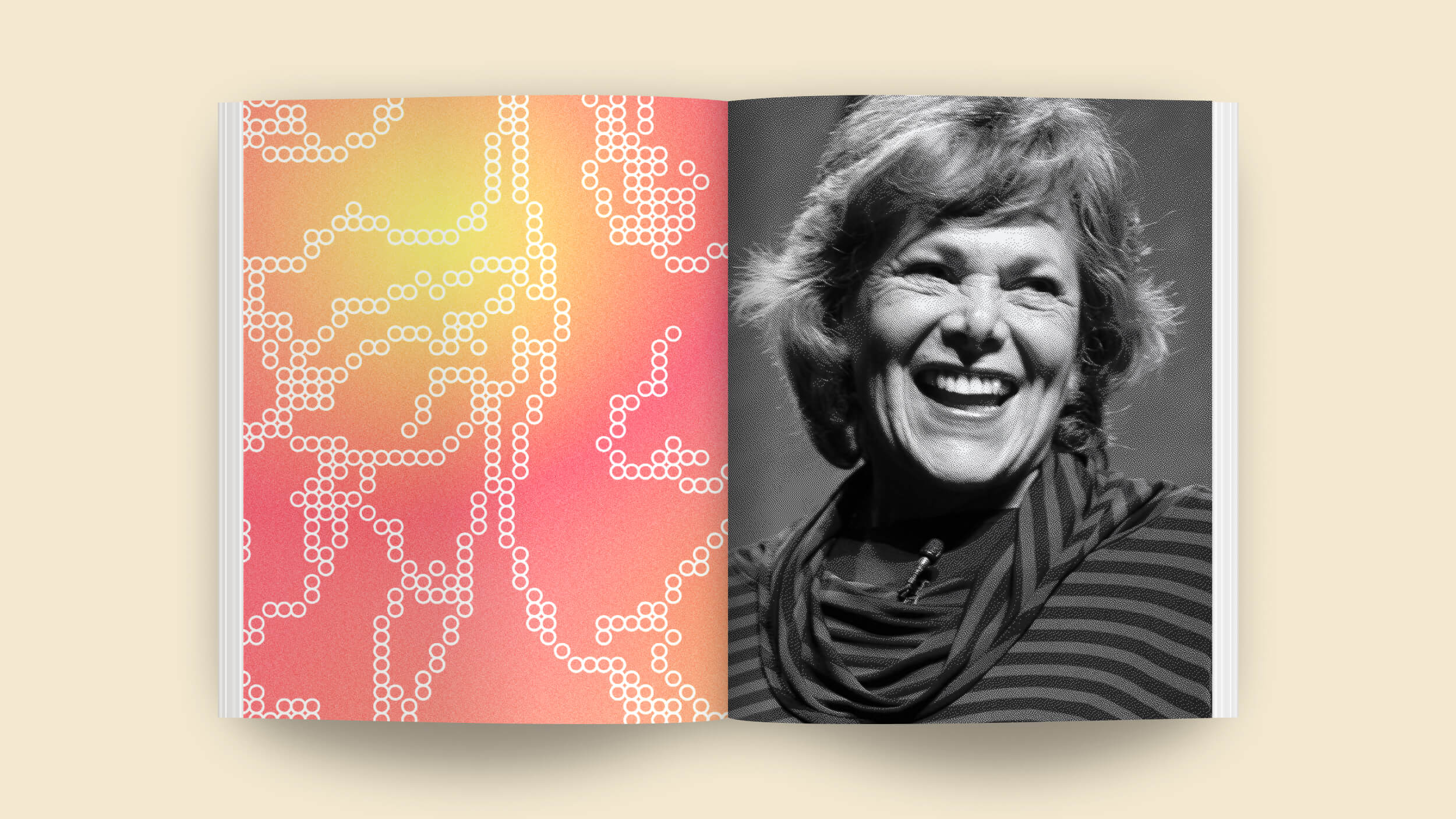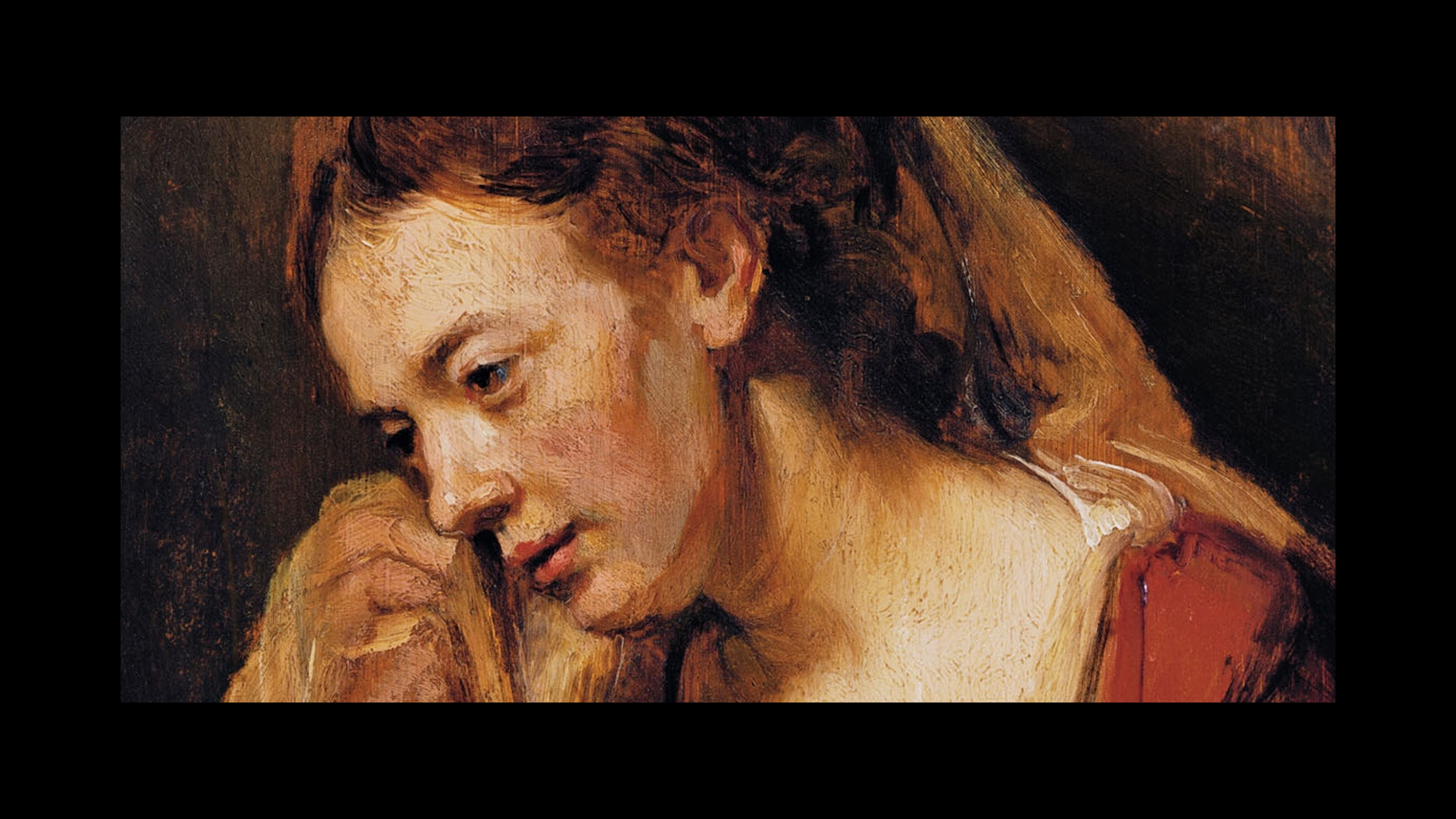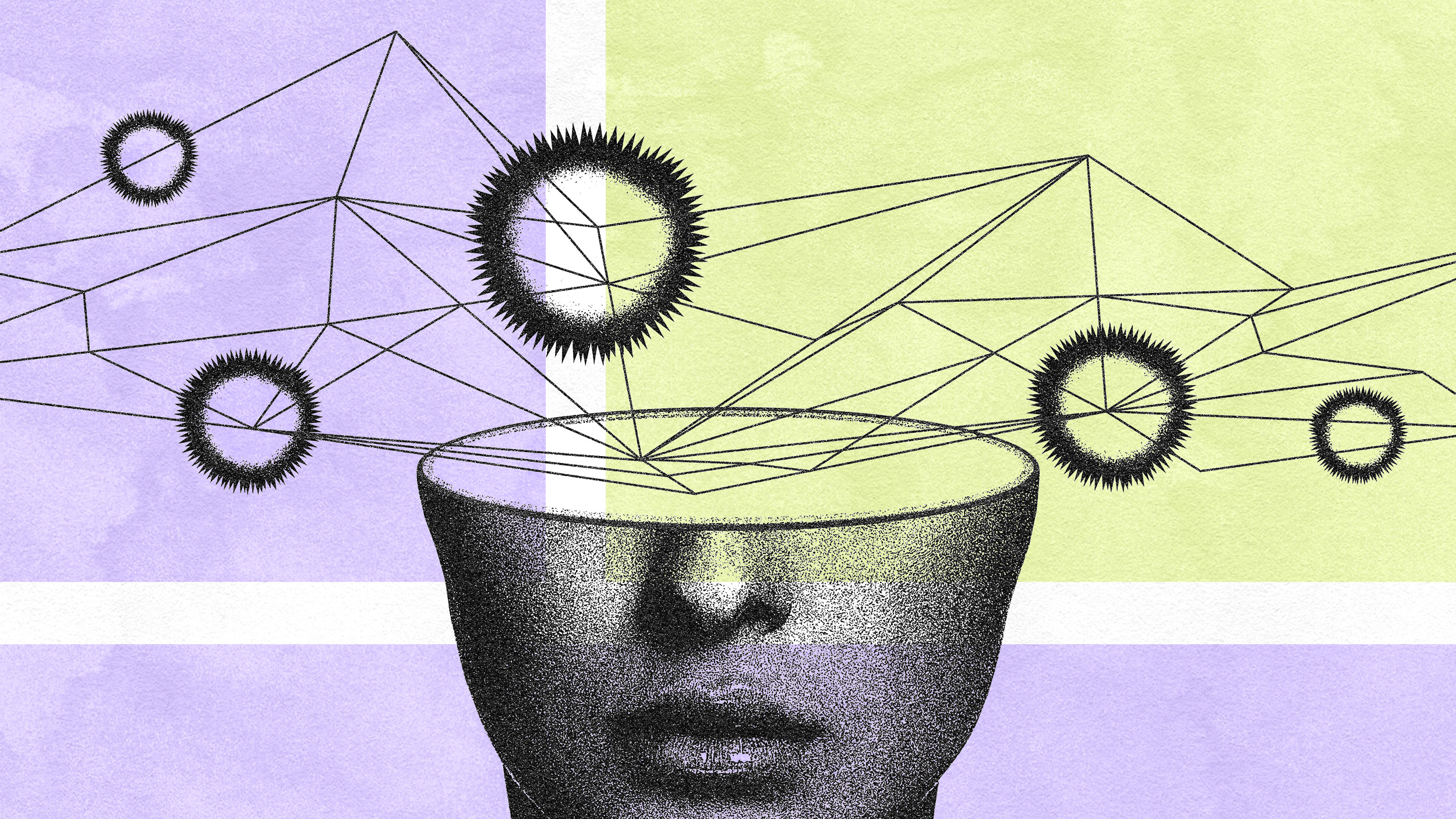Carol Gilligan discusses her transition from literature to psychology.
Question: How did you first get into psychology?
Carol Gilligan: I was in English major at college and when I graduated from college, I applied to go to England and study Shakespeare and I applied to go to graduate school and study psychology and you could think of it as two ways of studying the same thing, which is the human world and I almost went to England, but instead I went to graduate school, initially in clinical Psychology, because I thought I want to be therapist. Then I got married, fell in love, got married had a child and thought I don’t want to basically, I guess leave my children and take care of other people children sort of thing. So, I actually then got my degree in social psychology and for a while I was a modern dancer and involved in the civil rights movement doing voter registration.
Question: What was your first study?
Carol Gilligan: I did a study on how people thought about turning points in there lives, I mean remember I was at literature student, so I was interested in that kind of thing. You come to a cross roads in which way do you go, and my study this was the early 70s was originally on “Harvard Students College”, students facing the Vietnam draft. I was interested in how people thought about themselves at those moments in life where you say, “What am I going to do?” and also when people ask question of themselves “What should I do or what is the right thing to do?” Very grounded, so anyway that was my study and I was working with some graduate students who I was teaching part time at Harvard. And then President Nixon ended the draft and the Supreme Court in Roby Wade legalized abortion. So, my draft study ended, but I had another study where people made a choice. So, I started interviewing people who are pregnant and thinking about abortion. I was completely bond to the fact that my first study was all man and second study was all women, I mean wasn’t even thinking about that. So, I started listening to women I would say other women, talking about themselves and what their understanding of how you make difficult decisions in life and I heard a descendants between the women’s voices in psychology, I had been teaching, I have been teaching with there Erickson and teaching Ford and teaching with Lions Cobber, I am teaching Peache [phonetic] and the women’s voices where different and then I realized why it was so hard for a women to be heard in the public discussion and then I have realized that the Psychology I was teaching have been based on either of the assumption that human was a man or studies have only man, and I hadn’t seen it, no one had seen it, what seen it is significant and then I got hooked. I knew that is it. So, it is out of that experience that I really in a different force, which is how the conversation would change if it included all those voices that had been left out including half the population of women.





